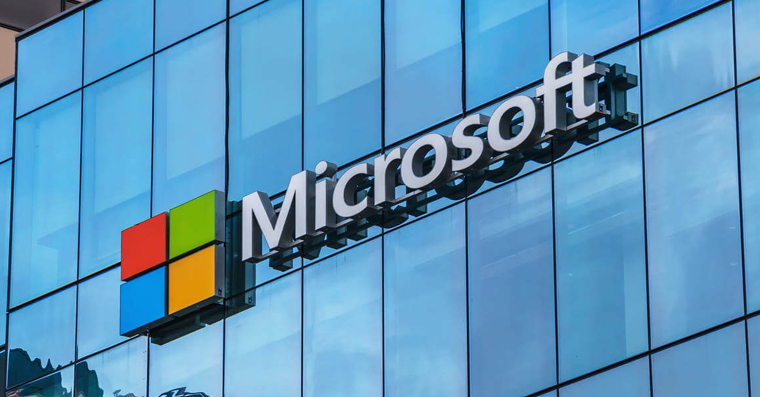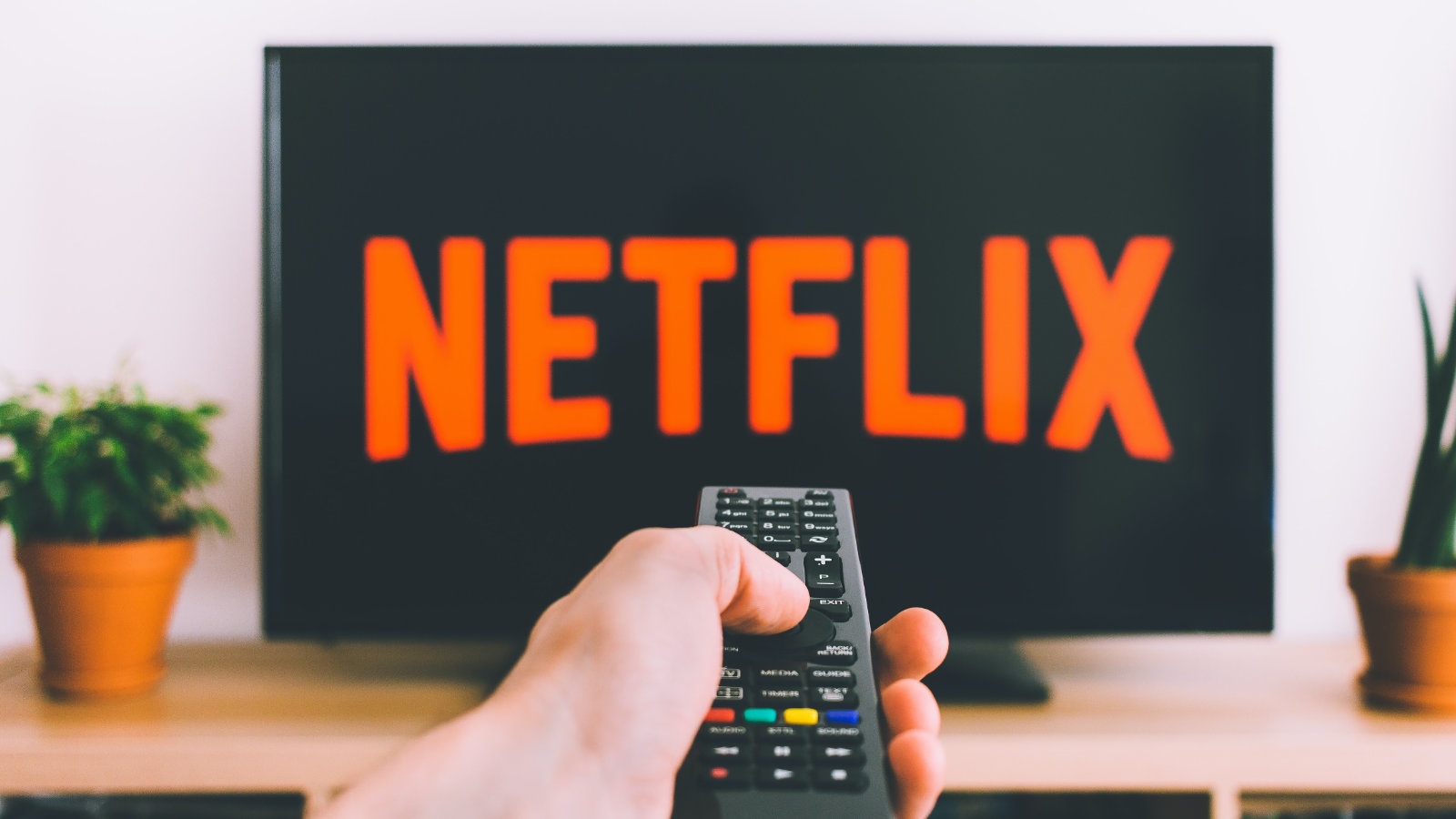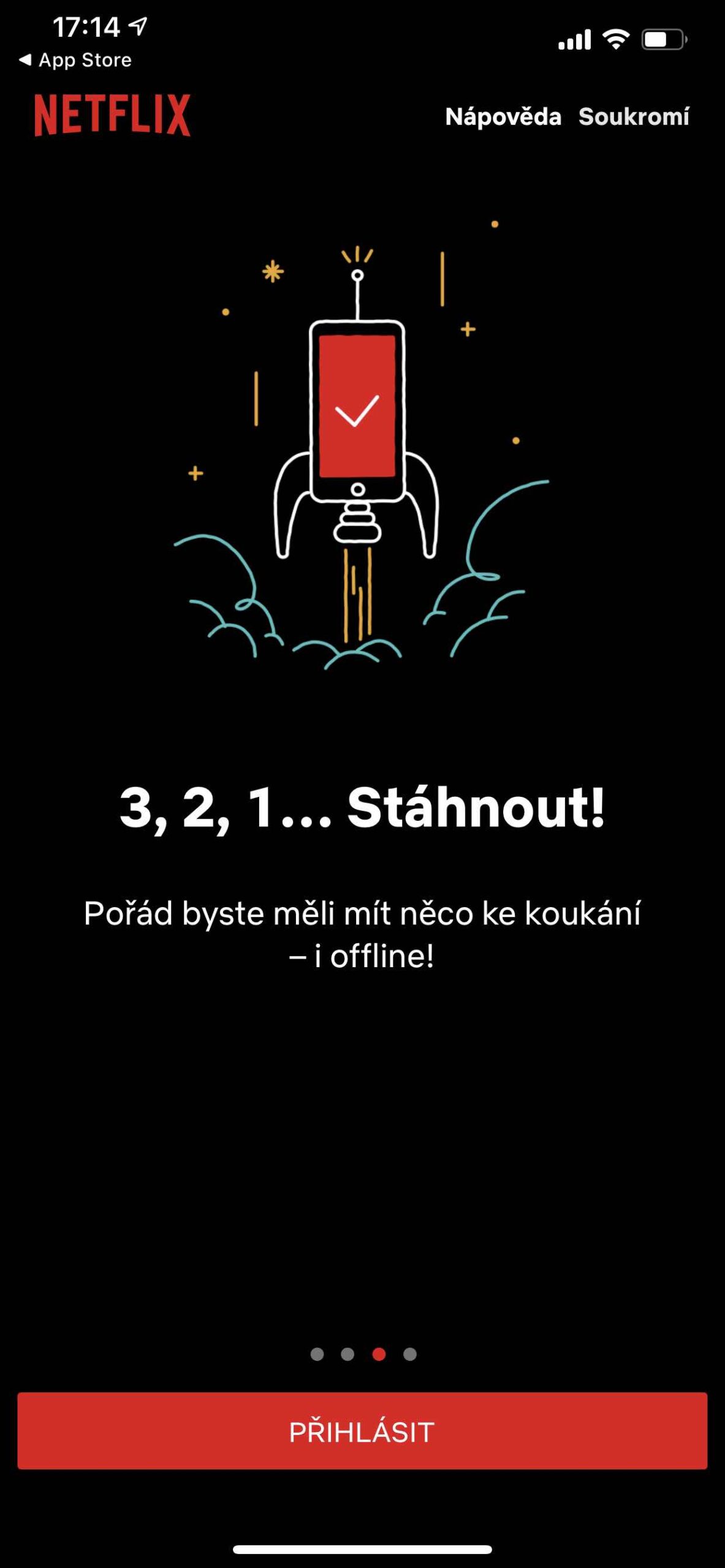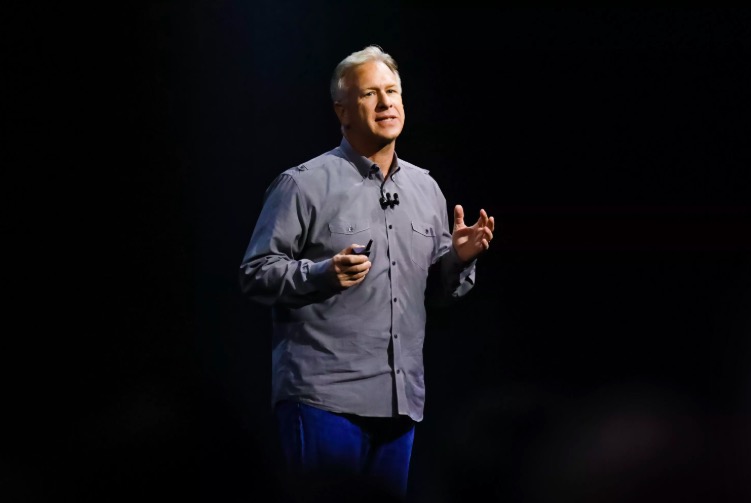The trial isn't over yet, but after a fortnight of testimony and studying available documents, the judge came up with a possible solution that Epic and users would surely like. Of course, there is a catch, because the one who loses here will be Apple. But the compromise would be non-violent and certainly realistic. It would be enough to redirect the user to the website for the given payment in the applications.

How are you? informed, so already in 2012, Microsoft demanded from Apple that it could redirect its users to the website to pay for the subscription. He rejected it because he would not receive any commissions from such transactions. And Judge Yvonne Gonzalez Rogers, who proposed this compromise to settle the whole case, sees this idea as possible.
It could be interest you

Of course, he does not build it only on the basis of this communication appearing in the e-mail correspondence between representatives of Apple and Microsoft. She acquired this potential solution to the dispute even after an interview with the expert Dr. By David Evans, an economist specializing in antitrust law. Toho asked directly if Apple would allow the user to be redirected for payments from apps to the web would solve the whole problem. This is one of the rules that Apple prohibits.
A win for big developers
Although this would not solve anything for applications and games without alternative payment systems, the bigger players, such as not only Epic Games and Microsoft, but also Netflix, YouTube and others, would clearly benefit from it. That is, not so much them as their users. They would thus pay the required amount through the website, which would not be increased by Apple's commission. We have also described this behavior in detail in a separate article.
It could be interest you

According to Evans, this would clearly reduce Apple's revenue, but it would still not threaten the direct market power of the App Store. E.g. new users Netflix so they could do their registration directly in the title, and after choosing a plan, the application would redirect them to the website, where they would pay and return them back to the application.
It shouldn't be a problem even with regard to security when using Apple Pay (but there is a risk of phishing, etc.). In the end, no other payment system would have to come to iOS either, because it would take place within the web. That compromise could also mean that you will still be able to make an in-app purchase within the application, but there could be an option to redirect to web payment.
It could be interest you

One would like to say that he would happily support the developer with his payment if his title deserved it. But here we are still only talking about the 30% that Apple charges from each transaction in the App Store and from each transaction in the application (the commission is of course variable and can be higher or lower in certain cases). Apple economist Richard Schmalensee said on the subject that this would be underestimating sales in the App Store and would certainly prevent Apple from receiving its rightful commission.
We're going to the finals
We are still two-thirds of the way through the entire dispute, because there is still the last week of various testimonies to which Phil Schiller and Tim Cook are invited. The question remains to what extent this "compromise" is really a compromise, since Apple is not benefiting from it and it's no exaggeration to say that it would be losing billions. The second question is whether it would not be better than the necessary reduction of the overall commission.
The absurdity of this compromise becomes all the more apparent if you extend it outside the App Store, for example right away to the Apple Online Store. On it you will want to buy an iPhone at the given price, discount events do not normally take place here. For the same price, the given iPhone is also offered by other sellers who have a certain margin on it. To attract customers, they cut their margin in half, making them cheaper than the aforementioned Apple Online Store. That's common practice, except that this trade-off would mean that the Apple Online Store would also have to warn you to go buy that iPhone elsewhere, that you'd actually get the same thing there, just cheaper.
 Adam Kos
Adam Kos 







